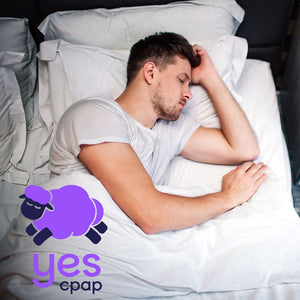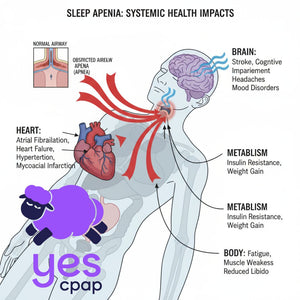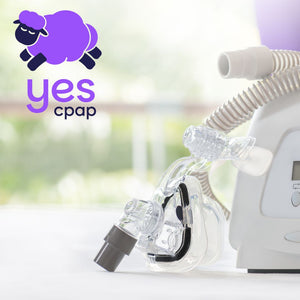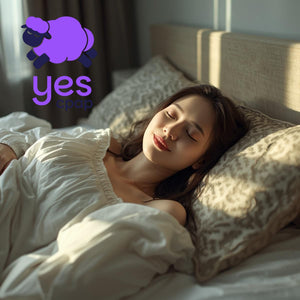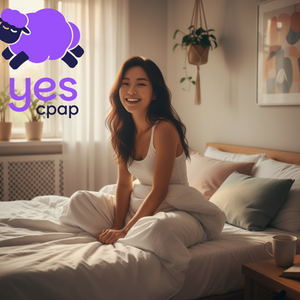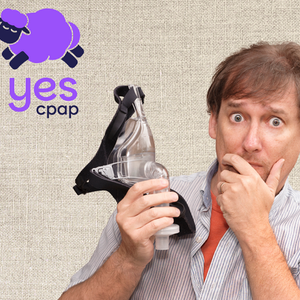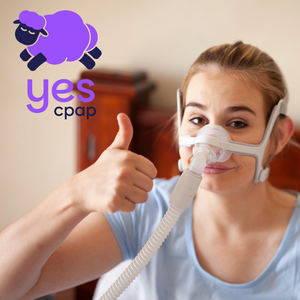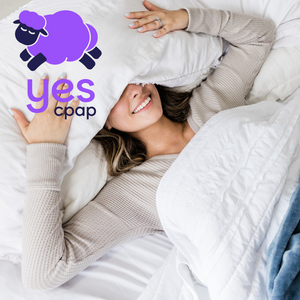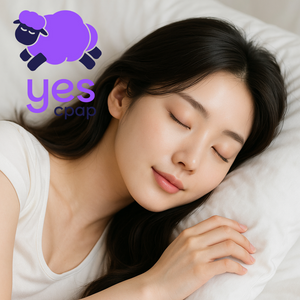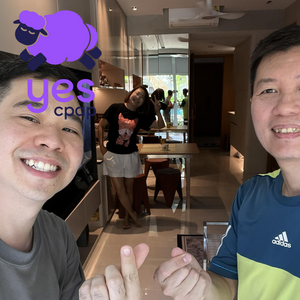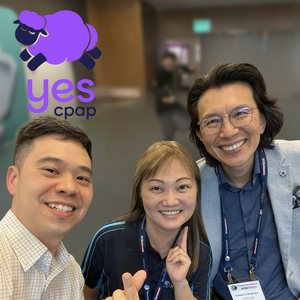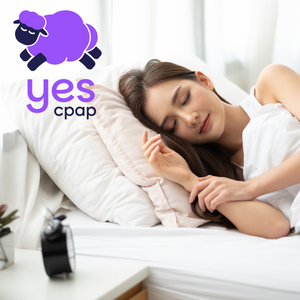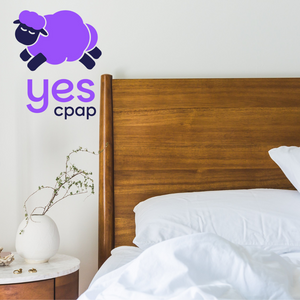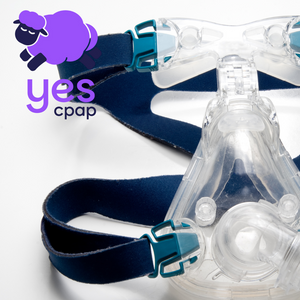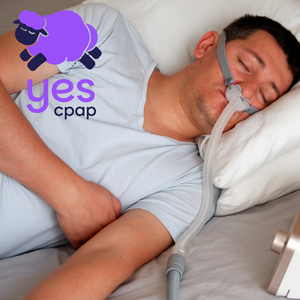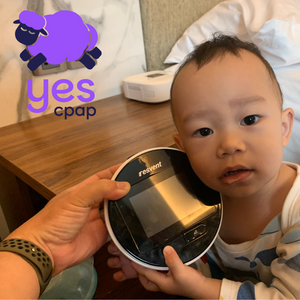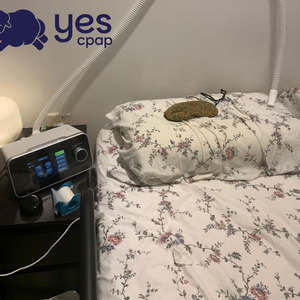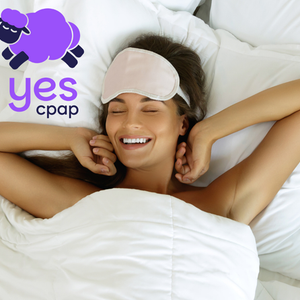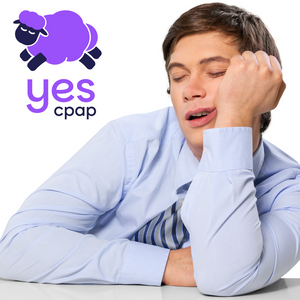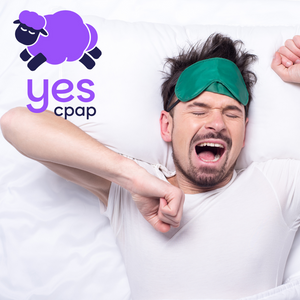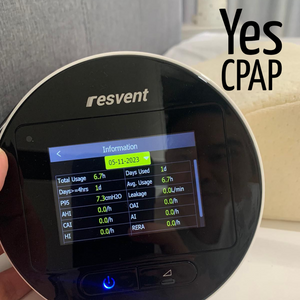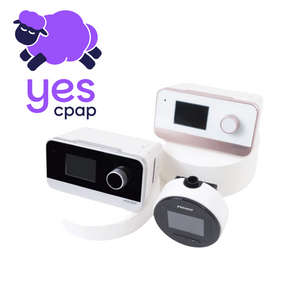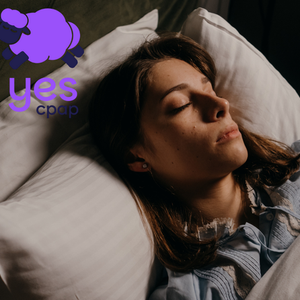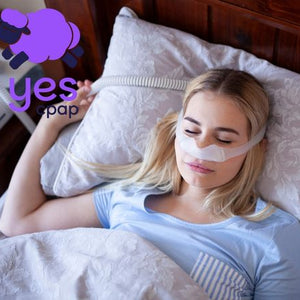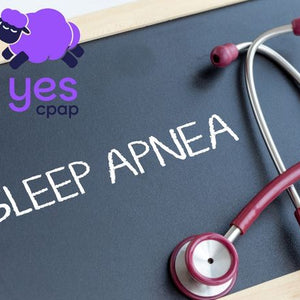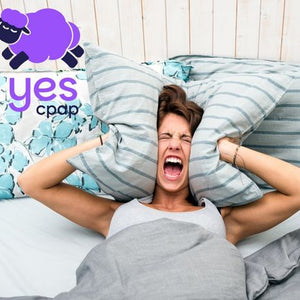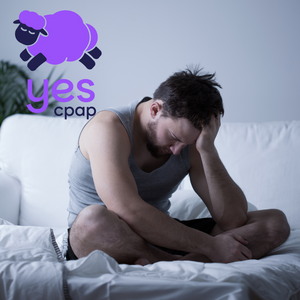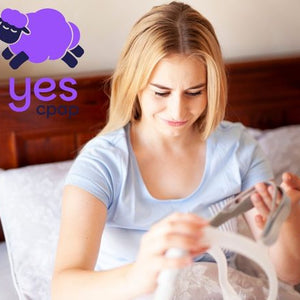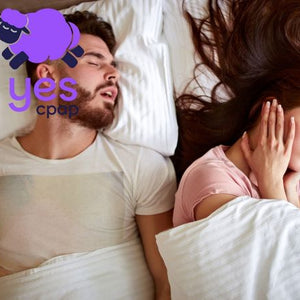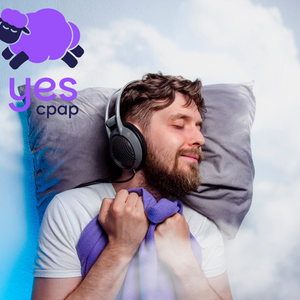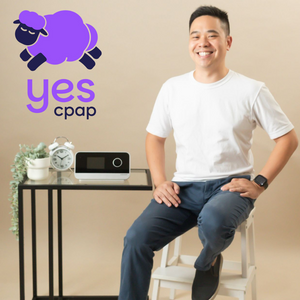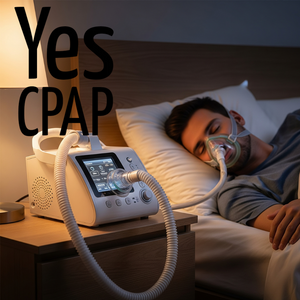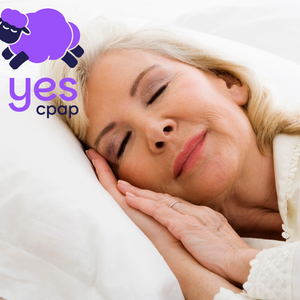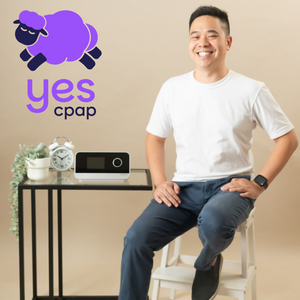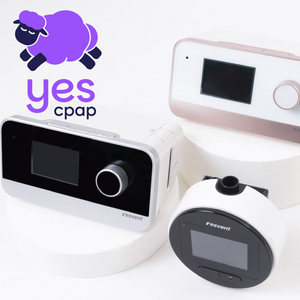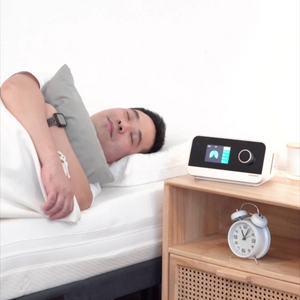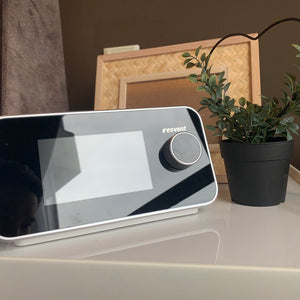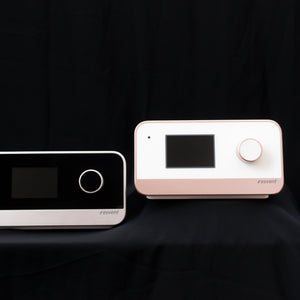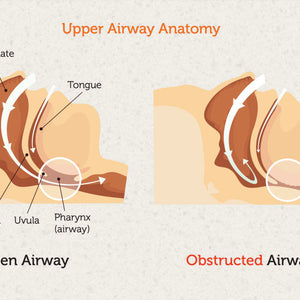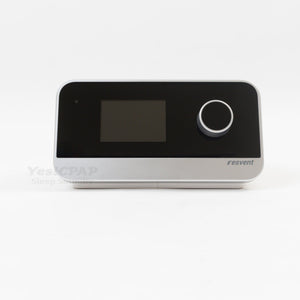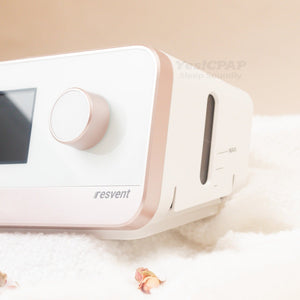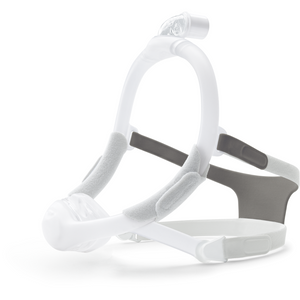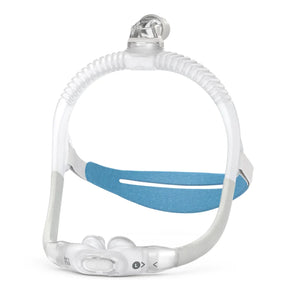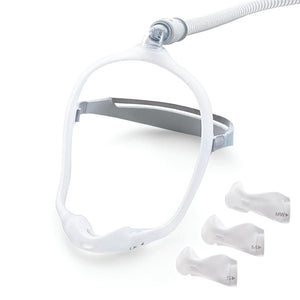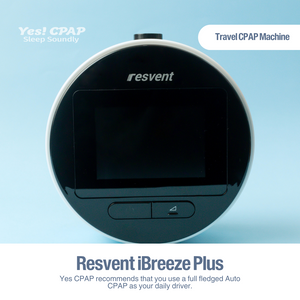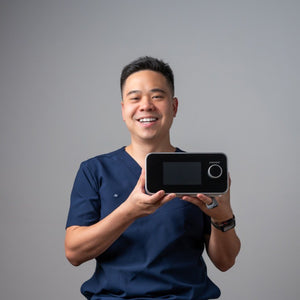
Sleep isn't just downtime. Quality sleep is the foundation of optimal physical and mental health. However, millions of people worldwide suffer from sleep disorders that silently undermine their quality of life.
Recent research reveals a startling truth. Poor sleep affects nearly every aspect of human health. Moreover, the consequences extend far beyond feeling tired the next day.
The Hidden Cost of Sleep Disorders
Sleep disorders impact almost every aspect of daily life. Research from Harvard Medical School demonstrates that poor sleep quality can cause:
- 40% reduction in concentration and cognitive performance
- 7-fold increase in accident risk
- Significant immune system impairment
- Higher risk of cardiovascular disease and diabetes
- Strained personal and professional relationships
- Decreased work productivity and economic impact
Understanding Sleep Disorders: A Comprehensive Overview
What Are Sleep Disorders?
Sleep disorders are conditions that prevent you from getting restful sleep. Consequently, they affect your ability to function normally during the day. The American Sleep Association defines sleep disorders as disruptions in sleep patterns that negatively impact health, safety, and quality of life.
The Global Sleep Crisis
According to the World Health Organization, sleep disorders affect approximately 45% of the world's population. Furthermore, these numbers continue to rise, particularly in urban environments like Singapore.
Types of Sleep Disorders: Identifying Your Sleep Challenge
1. Insomnia: The Most Common Sleep Thief
Insomnia affects approximately 30% of adults according to the Sleep Foundation. However, not all sleep difficulties qualify as clinical insomnia.
Types of Insomnia:
- Acute Insomnia: Short-term sleep difficulties lasting days to weeks
- Chronic Insomnia: Persistent sleep problems occurring at least 3 nights per week for 3+ months
- Onset Insomnia: Difficulty falling asleep initially
- Maintenance Insomnia: Frequent nighttime awakenings
Common Causes:
- Stress and anxiety
- Medical conditions
- Medications
- Caffeine and alcohol consumption
- Poor sleep environment
- Irregular sleep schedules
2. Sleep Apnea: The Silent Health Threat
Sleep apnea is arguably the most dangerous yet underdiagnosed sleep disorder. Research published in The Lancet reveals that nearly 1 billion people worldwide have sleep apnea.
What Happens During Sleep Apnea?
During sleep apnea, your breathing repeatedly stops and starts. These interruptions, called apneas, can occur hundreds of times per night. As a result, your brain and body don't receive adequate oxygen.
The Three Types of Sleep Apnea:
Obstructive Sleep Apnea (OSA) - 85-90% of cases
- Throat muscles relax excessively during sleep
- Airway becomes blocked or narrowed
- Most common and treatable form
Central Sleep Apnea (CSA) - Less common
- Brain fails to send proper signals to breathing muscles
- Often associated with heart failure or stroke
Complex Sleep Apnea - Mixed type
- Combination of both obstructive and central features
- May develop during CPAP treatment
3. Restless Leg Syndrome (RLS)
RLS affects 7-10% of the population according to the National Institute of Neurological Disorders. This condition causes uncomfortable sensations in the legs. Additionally, it creates an irresistible urge to move them, particularly at night.
4. Narcolepsy: Sudden Sleep Attacks
Narcolepsy is a chronic neurological disorder affecting the brain's ability to control sleep-wake cycles. The Narcolepsy Network reports that it affects approximately 1 in 2,000 people.
5. Periodic Limb Movement Disorder (PLMD)
PLMD involves repetitive limb movements during sleep. These movements often disrupt sleep quality. However, many people remain unaware they have this condition.
Sleep Apnea in Singapore: A Growing Health Crisis
The Singapore Sleep Apnea Statistics
Singapore faces a particularly severe sleep apnea crisis. Research from SingHealth reveals alarming statistics:
- 30.5% of Singapore's population has moderate to severe sleep apnea
- 1 in 3 Singaporeans are affected by this condition
- Over 1.6 million residents potentially have sleep apnea
- Majority remain undiagnosed and untreated
Why Singaporeans Face Higher Risk
Studies published in Respirology demonstrate that Asian populations face unique risk factors:
- Anatomical differences in facial structure and airway size
- Higher sleep apnea risk at lower BMI compared to other ethnicities
- Genetic predisposition to upper airway collapse
- Urban lifestyle factors including stress and limited physical activity
- Environmental factors like air conditioning and humidity
Recognizing Sleep Disorder Symptoms
General Sleep Disorder Warning Signs
Pay attention to these symptoms that may indicate a sleep disorder:
Nighttime Symptoms:
- Difficulty falling asleep (taking more than 30 minutes)
- Frequent nighttime awakenings
- Loud, disruptive snoring
- Gasping or choking during sleep
- Restless or uncomfortable sensations in legs
- Sweating excessively during sleep
Daytime Symptoms:
- Excessive daytime sleepiness
- Difficulty concentrating
- Memory problems
- Mood changes or irritability
- Morning headaches
- Falling asleep during quiet activities
Sleep Apnea Specific Symptoms
Sleep apnea often goes unrecognized because symptoms occur during sleep. However, the Mayo Clinic identifies these key warning signs:
Nighttime Red Flags:
- Loud snoring that can be heard in other rooms
- Witnessed breathing pauses during sleep (most important indicator)
- Gasping or choking sounds during sleep
- Frequent urination during the night
- Restless sleep with frequent position changes
Daytime Warning Signs:
- Severe daytime sleepiness despite adequate sleep time
- Morning headaches that improve throughout the day
- Difficulty concentrating or memory problems
- Falling asleep during work or while driving
- High blood pressure that's difficult to control
The Science Behind Sleep: Why We Need Quality Rest
What Happens During Sleep?
Sleep isn't passive. Instead, it's an active process where your body and brain perform critical functions. Research from the National Sleep Foundation shows that during sleep:
- Memory consolidation occurs
- Tissue repair and regeneration happens
- Immune system strengthening takes place
- Toxin removal from the brain occurs
- Hormone regulation is restored
The Sleep Stages
Sleep occurs in cycles of approximately 90 minutes. Each cycle includes:
Non-REM Sleep (75% of sleep):
- Stage 1: Light sleep transition
- Stage 2: Deeper sleep with reduced awareness
- Stage 3: Deep sleep for physical restoration
REM Sleep (25% of sleep):
- Rapid eye movement sleep
- Dreams and memory processing
- Brain development and emotional regulation
Causes of Sleep Disorders: Understanding the Root Issues
Genetic Factors
Many sleep disorders have genetic components. Research published in Nature Genetics identifies genetic variants associated with:
- Sleep duration preferences
- Circadian rhythm disorders
- Sleep apnea susceptibility
- Restless leg syndrome
- Narcolepsy risk
Environmental and Lifestyle Causes
Modern life creates numerous sleep disruptors:
Environmental Factors:
- Light pollution and screen exposure
- Noise pollution in urban environments
- Temperature fluctuations
- Air quality issues
- Uncomfortable sleep surfaces
Lifestyle Factors:
- Irregular sleep schedules
- Caffeine and alcohol consumption
- Stress and anxiety
- Lack of physical activity
- Poor diet and late-night eating
Medical Conditions
Certain medical conditions increase sleep disorder risk:
- Cardiovascular disease
- Diabetes
- Obesity
- Thyroid disorders
- Neurological conditions
- Mental health disorders
Expert Tips for Better Sleep: Your Action Plan
Creating the Perfect Sleep Environment
Transform your bedroom into a sleep sanctuary:
Temperature Control:
- Maintain 18-20°C (65-68°F) for optimal sleep
- Use fans or air conditioning in Singapore's climate
- Consider breathable bedding materials
Light Management:
- Install blackout curtains or blinds
- Use blue light blocking glasses in the evening
- Avoid screens 1-2 hours before bedtime
- Consider dim red lighting for nighttime navigation
Sound Control:
- Use earplugs or white noise machines
- Address external noise sources when possible
- Consider sound-absorbing materials
Comfort Optimization:
- Invest in a quality mattress and pillows
- Choose breathable fabrics for bedding
- Ensure adequate room ventilation
Sleep Hygiene Best Practices
Develop these healthy sleep habits:
Consistent Sleep Schedule:
- Go to bed and wake up at the same time daily
- Maintain schedule even on weekends
- Gradually adjust schedule if changes are needed
Pre-Sleep Routine:
- Develop relaxing activities 1-2 hours before bed
- Try reading, gentle stretching, or meditation
- Avoid stimulating activities
- Consider a warm bath or shower
Daytime Habits:
- Get natural sunlight exposure in the morning
- Exercise regularly, but not close to bedtime
- Limit daytime naps to 20-30 minutes
- Avoid caffeine after 2 PM
Dietary Considerations for Better Sleep
What you eat and drink affects sleep quality:
Sleep-Promoting Foods:
- Complex carbohydrates (oats, quinoa)
- Tryptophan-rich foods (turkey, milk, bananas)
- Magnesium sources (nuts, seeds, leafy greens)
- Herbal teas (chamomile, valerian root)
Foods to Avoid Before Bed:
- Large meals within 3 hours of bedtime
- Spicy or acidic foods
- Excessive fluids
- Alcohol and caffeine
- High-sugar snacks
Stress Management for Better Sleep
Since stress is a major sleep disruptor, consider these techniques:
Relaxation Methods:
- Deep breathing exercises
- Progressive muscle relaxation
- Meditation or mindfulness practices
- Gentle yoga or stretching
Cognitive Strategies:
- Keep a worry journal
- Practice gratitude
- Use visualization techniques
- Consider professional counseling if needed
When to Seek Professional Help
Red Flags Requiring Medical Attention
Consult a healthcare provider if you experience:
- Persistent daytime sleepiness despite adequate sleep time
- Loud snoring with breathing pauses witnessed by others
- Frequent morning headaches
- Difficulty staying asleep most nights
- Falling asleep during important activities
- High blood pressure that's difficult to control
- Memory or concentration problems affecting daily life
The Importance of Sleep Testing
Professional sleep evaluation can identify underlying disorders. Early diagnosis and treatment prevent serious health complications. Therefore, don't delay seeking help if you suspect a sleep disorder.
Home Sleep Testing: A Convenient First Step
For many people, home sleep testing offers a convenient and comfortable way to evaluate sleep patterns. This innovative approach allows you to sleep in your own bed while monitoring key sleep parameters.
Benefits of Home Sleep Testing:
- Sleep in your familiar environment
- More convenient scheduling
- Cost-effective screening option
- Reduced waiting times
- Less disruptive to daily routine
Home sleep tests can effectively screen for sleep apnea and other common sleep disorders. Moreover, they provide valuable data to help healthcare providers determine the best treatment approach.
Sleep Apnea: Understanding the Hidden Danger
Why Sleep Apnea Is So Dangerous
Sleep apnea isn't just about snoring or feeling tired. Research from the American Heart Association shows that untreated sleep apnea significantly increases risk of:
- Heart disease (2-3 times higher risk)
- Stroke (4 times higher risk)
- High blood pressure (difficult to control)
- Type 2 diabetes (increased insulin resistance)
- Depression and anxiety
- Motor vehicle accidents (7 times higher risk)
The Oxygen Connection
During sleep apnea episodes, oxygen levels in your blood drop significantly. This oxygen deprivation, called hypoxemia, triggers stress responses throughout your body. Consequently, your cardiovascular system works harder, leading to long-term health problems.
Sleep Apnea Treatment Options
Fortunately, effective treatments are available for sleep apnea:
CPAP Therapy: Continuous Positive Airway Pressure (CPAP) is the gold standard treatment. CPAP machines deliver pressurized air to keep airways open during sleep. Modern CPAP technology offers:
- Auto-adjusting pressure settings
- Advanced humidification systems
- Quiet operation for better sleep
- Data tracking for treatment monitoring
- Comfortable mask options for all face types
Alternative Treatments:
- Oral appliances for mild to moderate cases
- Positional therapy for position-dependent sleep apnea
- Surgical interventions for specific anatomical issues
- Lifestyle modifications and weight management
Treatment Solutions: Finding Your Path to Better Sleep
CPAP Therapy: The Gold Standard
For moderate to severe sleep apnea, CPAP therapy remains the most effective treatment. Modern CPAP technology has evolved significantly, offering:
Advanced Features:
- Automatic pressure adjustment throughout the night
- Integrated humidification to prevent dryness
- Data recording for treatment optimization
- Wireless connectivity for remote monitoring
- Ultra-quiet operation for peaceful sleep
Comfort Innovations:
- Multiple mask styles for different preferences
- Lightweight, breathable materials
- Easy-to-use controls and displays
- Travel-friendly portable options
Comprehensive Sleep Solutions
A complete approach to sleep disorder treatment may include:
Equipment Solutions:
- CPAP and BiPAP machines with advanced features
- Comfortable, well-fitting masks
- Heated tubing and humidification systems
- Travel and portable sleep therapy options
- Replacement parts and accessories
Support Services:
- Professional equipment fitting and setup
- Ongoing technical support and maintenance
- Insurance and payment assistance
- Educational resources and training
- Regular follow-up and optimization
Choosing the Right Treatment Approach
The best treatment depends on several factors:
- Type and severity of sleep disorder
- Individual lifestyle and preferences
- Medical history and comorbid conditions
- Treatment tolerance and adherence
- Support system and resources available
The Singapore Advantage: World-Class Sleep Care
Leading Healthcare Facilities
Singapore offers exceptional sleep medicine services through:
Public Healthcare:
- Singapore General Hospital Sleep Centre
- National University Hospital Sleep Services
- Changi General Hospital Sleep Laboratory
- Tan Tock Seng Hospital Sleep Medicine
Private Healthcare Options:
- Mount Elizabeth Hospital Sleep Disorder Centre
- Gleneagles Hospital Sleep Medicine
- Raffles Hospital Sleep Services
- Parkway East Hospital Sleep Laboratory
Insurance and Financial Support
Singapore's healthcare system provides excellent coverage for sleep disorder treatment:
Medisave Coverage:
- Sleep studies and diagnostic testing
- CPAP equipment and supplies
- Oral appliances when medically necessary
- Surgical procedures for sleep disorders
Private Insurance: Most private insurance plans cover sleep disorder treatment, including equipment and ongoing care.
Your Next Steps: Taking Action for Better Sleep
Start with Self-Assessment
Begin by honestly evaluating your sleep patterns and symptoms. Consider keeping a sleep diary for 1-2 weeks to identify patterns and potential issues.
Consider Home Sleep Testing
If you suspect sleep apnea or other sleep disorders, home sleep testing provides a convenient first step. This comfortable, cost-effective option can screen for common sleep disorders in your own bedroom.
Consult Healthcare Professionals
Don't hesitate to discuss sleep concerns with your healthcare provider. Early intervention can prevent serious health complications and dramatically improve quality of life.
Explore Treatment Options
If diagnosed with a sleep disorder, work with your healthcare team to find the most suitable treatment approach. Modern sleep therapy offers effective solutions for virtually all sleep disorders.
Comprehensive Sleep Product Solutions
Complete Equipment Range
For those diagnosed with sleep disorders, comprehensive equipment solutions include:
CPAP and BiPAP Machines:
- Auto-adjusting pressure systems
- Travel and portable options
- Advanced humidification technology
- Data monitoring and connectivity features
Mask Selection:
- Nasal pillow masks for minimal contact
- Full-face masks for mouth breathers
- Nasal masks for comfortable coverage
- Specialty masks for unique needs
Accessories and Support:
- Heated tubing systems
- Replacement filters and parts
- Cleaning and maintenance supplies
- Travel accessories and cases
Professional Support Services
Successful sleep therapy requires ongoing support:
- Expert equipment fitting and adjustment
- Technical support and troubleshooting
- Insurance and payment assistance
- Educational resources and training
- Regular follow-up and optimization
The Future of Sleep Health
Emerging Technologies
Sleep medicine continues to evolve with innovations like:
- Artificial intelligence for treatment optimization
- Wearable sleep monitoring devices
- Smartphone-based sleep analysis
- Telemedicine for remote care
- Advanced surgical techniques
Personalized Medicine
The future of sleep disorder treatment lies in personalized approaches based on:
- Genetic testing for treatment selection
- Individual anatomy and physiology
- Lifestyle factors and preferences
- Treatment response patterns
- Continuous monitoring and adjustment
Conclusion: Your Journey to Better Sleep Starts Now
Sleep disorders affect millions of people worldwide, yet many remain undiagnosed and untreated. However, effective solutions are available for virtually all sleep disorders. Moreover, early diagnosis and treatment can prevent serious health complications while dramatically improving quality of life.
Key Takeaways:
- Quality sleep is essential for optimal health and well-being
- Sleep disorders are common but highly treatable
- Early diagnosis prevents serious health complications
- Multiple treatment options suit different needs and preferences
- Professional support is crucial for treatment success
- Singapore offers world-class sleep disorder care
Your Action Plan:
- Assess your sleep quality and identify potential concerns
- Consider home sleep testing for convenient evaluation
- Consult healthcare professionals for proper diagnosis
- Explore treatment options suited to your needs
- Commit to consistent treatment for optimal results
Don't let another night of poor sleep compromise your health and happiness. Take the first step toward better sleep today. Your journey to restful nights and energetic days begins with recognition, continues with professional evaluation, and succeeds with committed treatment.
Remember: Sleep disorders are medical conditions with proven treatments and excellent outcomes. You deserve restful sleep, vibrant health, and the energy to fully enjoy life.
Medical Disclaimer
This comprehensive guide provides educational information based on current medical research and clinical practice guidelines. All information is sourced from peer-reviewed medical literature and authoritative healthcare institutions. However, this content should not replace professional medical advice, diagnosis, or treatment. Always consult a qualified healthcare professional for personalized medical advice.
Sources include: American Academy of Sleep Medicine, Mayo Clinic, Harvard Medical School, Sleep Foundation, World Health Organization, and other authoritative medical institutions.
For medical emergencies: Seek immediate medical attention or contact emergency services.




